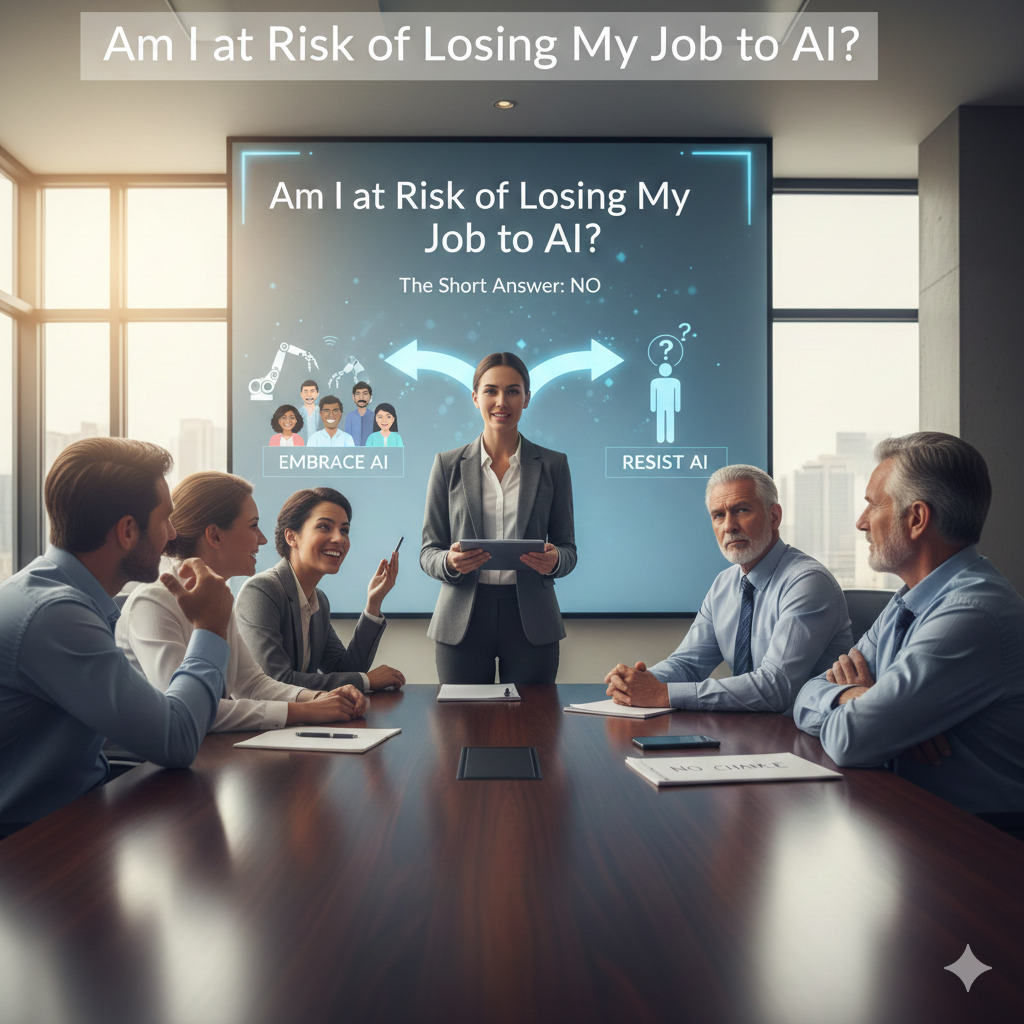Revolutionizing Industries with AI Automation: Opportunities and Challenges
In the grand theater of technological progress, few actors have caused as much buzz—and perhaps a few butterflies—as artificial intelligence (AI) automation. As we cruise through 2025, AI has moved from the realm of science fiction into the bustling corridors of industries worldwide, transforming workflows, redefining job roles, and unlocking new horizons of innovation. But, like any revolutionary force, AI automation carries both dazzling opportunities and a fair share of challenges. Let’s take an insightful yet entertaining look at how AI is reshaping industries and what it takes to stay ahead in this brave new world.
The Dawn of a New Industrial Age
AI automation isn’t just a shiny new toy; it’s the engine powering today’s industrial revolution. From manufacturing plants humming with robotic precision to call centers handled by virtual assistants, AI is everywhere. Companies are leveraging machine learning algorithms to optimize supply chains, improve customer service, and even craft marketing strategies that hit the bullseye every time.
One clear benefit? Efficiency. Tasks that used to require armies of staff—think data entry, inventory management, and routine inquiries—are now handled seamlessly by intelligent systems. This shift isn’t just about cutting costs; it’s about empowering human workers to focus on tasks requiring creativity, strategic thinking, and emotional intelligence—the human touch that AI can’t replicate.
For organizations eager to dip their toes—or leap headlong—into AI automation, trusted sources like Larry Collett Consulting Group offer invaluable guidance on aligning AI tools with business objectives, ensuring smooth implementation and stakeholder buy-in.
Opportunities: A Treasure Trove for Innovation
The opportunities AI automation opens up are nothing short of staggering. Here’s a quick tour:
**1. Enhanced Productivity and Cost Savings**
Automation handles repetitive, mundane tasks with a speed and accuracy that humans simply can’t match. This frees up valuable human resources to concentrate on high-value activities, fostering innovation and competitive advantage.
**2. Improved Customer Experiences**
AI-powered chatbots and virtual assistants are now adept at engaging customers beyond scripted responses, providing personalized support 24/7. Think of them as the courteous, tireless service staff who never take lunch breaks.
**3. Data-Driven Decision Making**
AI’s ability to analyze vast datasets rapidly and accurately enables businesses to make more informed decisions. From predicting market trends to optimizing logistics, data-driven insights are becoming the backbone of strategy.
**4. New Business Models and Revenue Streams**
AI facilitates the creation of entirely new products and services. For example, predictive maintenance in manufacturing can prevent costly downtime, while AI-driven health diagnostics are revolutionizing healthcare delivery.
**5. Competitive Advantage and Market Leadership**
Early adopters of AI automation often find themselves steps ahead of competitors still wading through manual processes. In the fast-paced 2025 landscape, being an industry leader often hinges on how effectively you harness AI.
For those pondering how to implement these opportunities effectively, Automation Captain provides expert guidance on building scalable AI automation workflows tailored to your industry needs.
Challenges: Navigating the AI Landscape with Care
While the benefits are alluring, embracing AI automation isn’t without its hurdles. Here are some key challenges organizations face:
**1. Integration Complexities**
Blending new AI solutions with existing legacy systems can be akin to fitting a square peg into a round hole. Seamless integration requires careful planning, technical expertise, and often, custom development.
**2. Data Privacy and Security Concerns**
AI relies heavily on data, raising questions about privacy, consent, and security. Data breaches or mishandling can erode trust and invite legal repercussions.
**3. Skill Gaps and Workforce Displacement**
Introducing AI can lead to fears of job losses, and rightly so if not managed thoughtfully. Upskilling and reskilling employees are critical to ensure they evolve along with the technology rather than become obsolete.
**4. Ethical and Bias Issues**
AI systems are only as good as the data they’re trained on. Biased data can lead to unfair outcomes, damaging reputation and incurring regulatory scrutiny.
**5. Cost of Implementation and Maintenance**
Deploying advanced AI isn’t cheap. From infrastructure investments to ongoing model tuning, the financial commitment can be significant—demanding careful ROI analysis.
Achieving success in AI automation requires more than just technology prowess; it demands a comprehensive strategy. Partnering with experts like Larry Collett Consulting Group can help organizations navigate these challenges with confidence.
The Future Outlook: Onward to 2026
Looking ahead to 2026, the pace of AI evolution promises even more dramatic shifts. We can anticipate smarter, more adaptable AI systems that learn and grow alongside their human counterparts. Industries will likely see the rise of autonomous supply chains, AI-driven decision-making in real-time, and hyper-personalized customer experiences that seem almost prescient.
However, this future also demands vigilance—ongoing ethical oversight, robust security protocols, and continuous workforce development will be crucial. Enterprises that master these elements will not only thrive but set new standards for innovation.
In this evolving landscape, seeking expert advice is invaluable. For tailored AI automation workflows and strategic insights, trusted leaders like Automation Captain are ready to steer your organization safely through the transformation.
Conclusion: Embracing the AI Revolution with Both Eyes Open
AI automation is undeniably revolutionizing industries in ways once confined to the realm of imagination. It offers a potent mix of opportunities for growth, efficiency, and innovation—if you’re willing to confront and manage the inherent challenges.
The secret sauce? Strategic planning, ethical responsibility, and partnering with seasoned specialists who understand the nuances of AI integration. As 2025 unfolds into 2026, those who harness AI wisely will unlock unprecedented value, cementing their place as pioneers in their fields.
So, whether you’re a manufacturing titan, a retail disruptor, or a healthcare innovator, now is the time to explore how AI automation can elevate your enterprise. Remember: the future favors the bold—and those with the right guidance.
And if you’re ready to chart a clear course through the AI fog, Larry Collett Consulting Group and Automation Captain are just a click away. After all, in the race toward 2026, strategic partners make all the difference.






